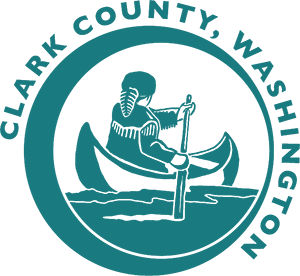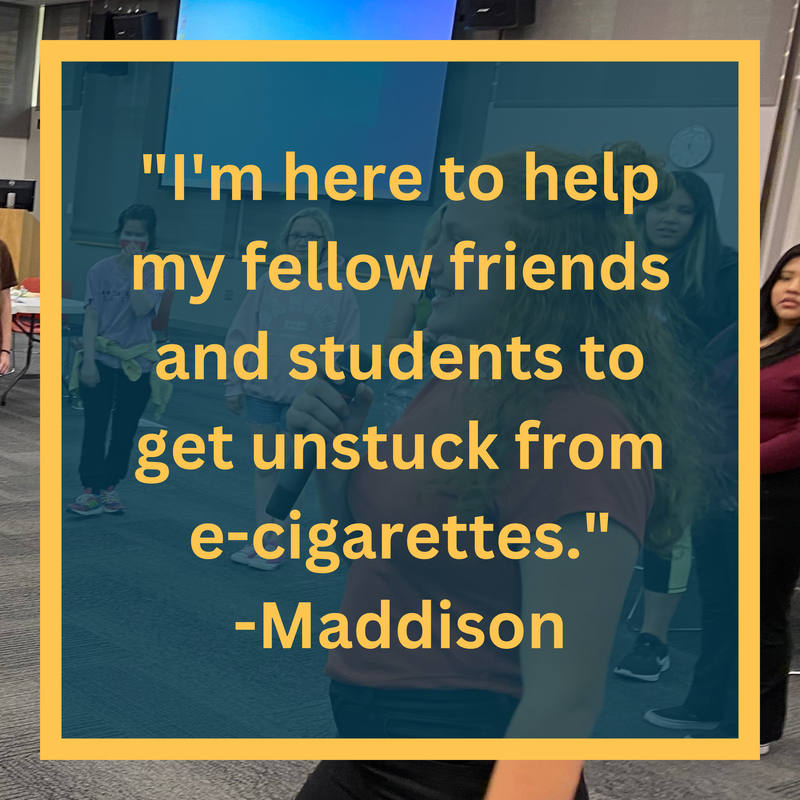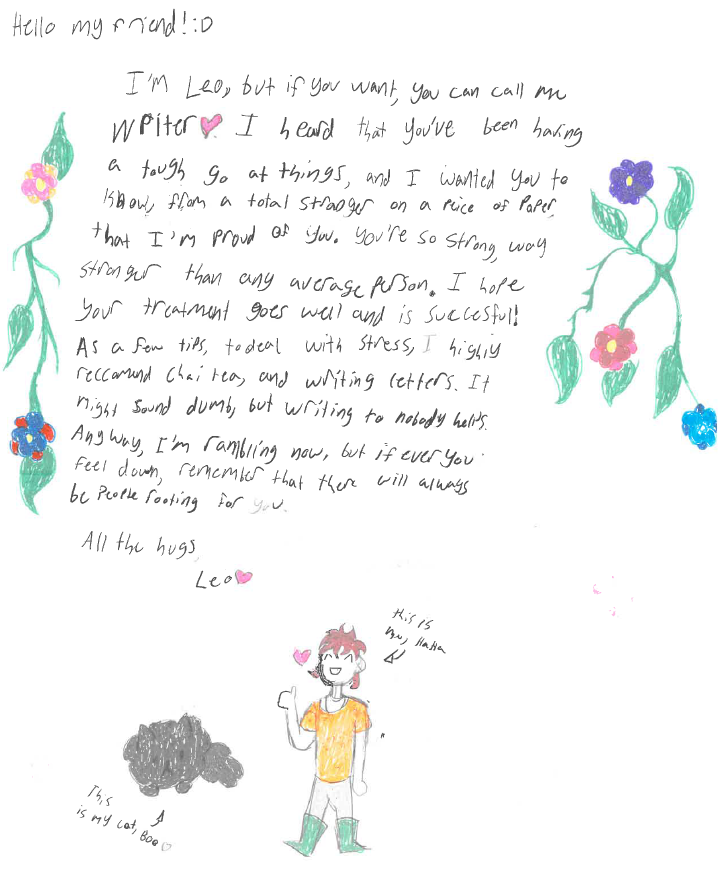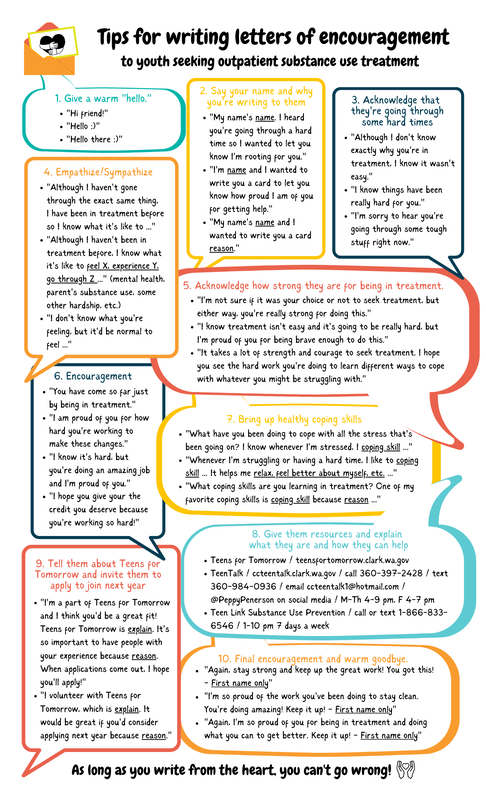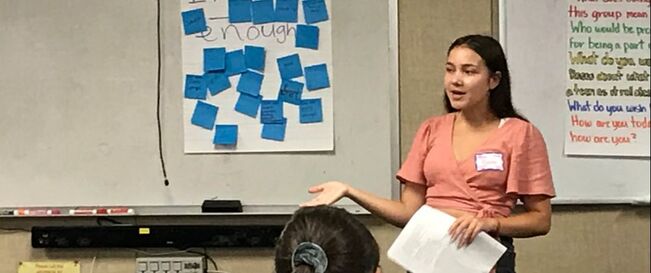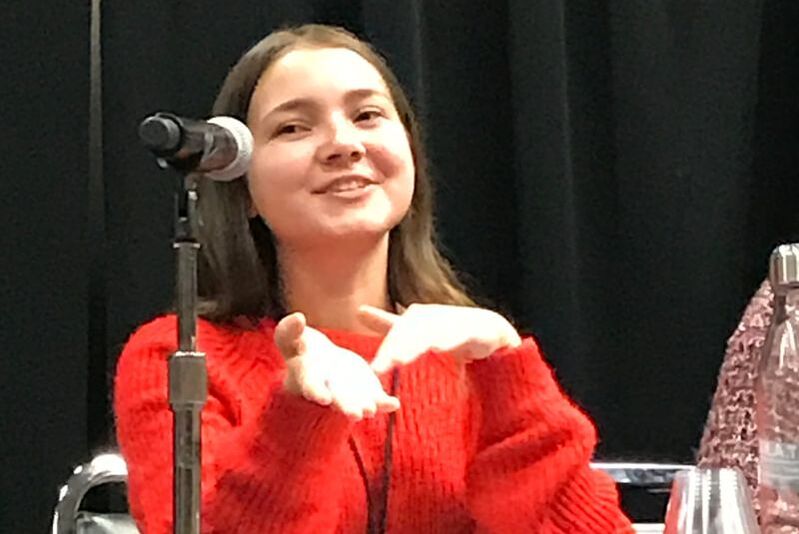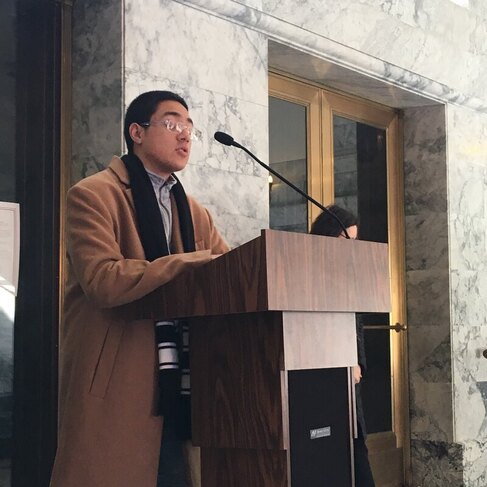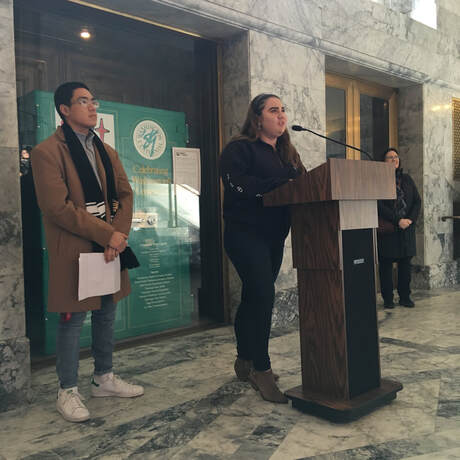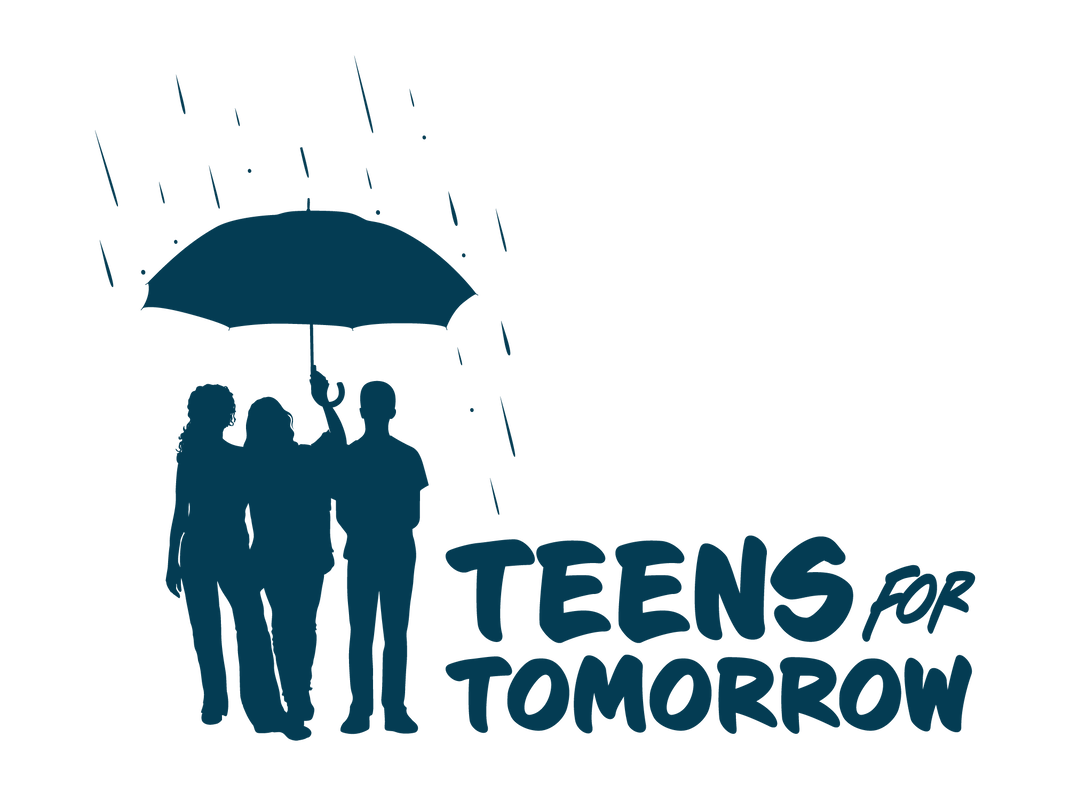The Idea Behind the Workshop
Hey everyone! My name is Kianne, and I am a member of Clark County TFT. In TFT, we encourage all members to take part in facilitating or even creating their own workshops to share with others. During our annual fall training I was given the opportunity to create and facilitate this very workshop to my fellow TFT members. Having just completed my first year as a member, I was beyond excited to be given such an opportunity. I revisited my past year in the program and thought about the valuable lessons I had learned and found that the one that stood out the most was about vulnerability. Although we had never had a workshop specifically designed to address vulnerability, the culture and environment we had created amongst each other proved that our vulnerability had a great strength to it, even if we had not known it yet. After I came to this realization, I knew that vulnerability would be the perfect workshop to create and share. Now, I would love to share this with all of you and I hope you are able to implement and adapt it to fit into your own programs! By: Kianne (4 year TFT member)
Before my very first day of training with Clark County TFT Peer Education Program, I had never been a part of prevention before. I had never been in a setting where youth and adults were as passionate as they were about what they did (prevention). I didn’t know it included thousands of people from all across Washington State. Eventually, I learned what prevention is… and it is an abundant community of wonderful people. The purpose and goal of each individual is united by this idea of prevention, which is educating others on healthy coping skills, habits, and mindfulness in hopes of creating good habits for the future. Just learning about all of the wonderful opportunities I would have a chance to take part in while being a part of TFT is when I knew I wanted to be a part of prevention and that I wanted it to be a part of my future. Learning to Want Change and to A.S.A.P.: Always Strive and Prosper - A 17 year old’s Memoir6/1/2020
|
||||||||||||||
Our missionWe work to learn about substance use prevention among ourselves and other youth by:
|
Our visionThe youth in Clark County are empowered to:
|
